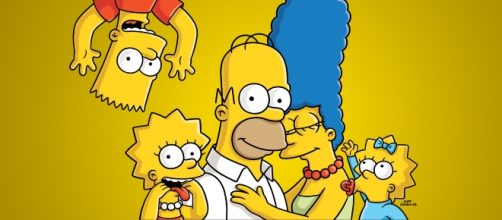Definitely, The simpsons as animated television program is the most influential one in the entire planet, surpassing the 600 episodes and reaching almost 30 transmitted seasons in almost every country. Of course, this demonstrate a huge success related to this television show, and for sure social representations of the different characters have to do with it, making viewers feel identified.
Because of that, we will be reviewing the diverse characters and situations shown on The Simpsons, and how this television program show society as a real representation, addressing daily life topics through its characters.
Of course, this is done adding some satire on every addressed matter, with a little cruelty or irony but keeping the social reality within.
Stereotypes and satires shown on the small screen
To begin with, The Simpsons is a television show that takes place on a fictional Springfield, where a peculiar family lives all kinds of adventures and situations, where neighbors and friends are involved every day. Sure, this sounds quite normal, but there are unique characteristics about this show that makes it unique, becoming the longest animated program from United Stated.
Of course, this is not a coincidence, since the main entertainment about The Simpsons is how can show social representations and western stereotypes, in a very unique way and by adding some fun satires and ironic events, resulting quite entertainment for viewers to see how it can address delicate topics, such as religion, violence, homosexuality, and real life events.
For example, we can observe the typical middle class family where the husband is the one who works, having the housewife, and two children that are quite different, and a baby. The interesting thing comes on how these characters interact with each other, and how they represent a defined social representation, in relation to their age, sex, work and general role on the society.
Now, without any doubt these characteristics can explain the general success of this television show, since almost every viewer can relate directly with a character, either the head of the family as Homer, the housewife as Marge, the children as Lisa and Bart, or other characters such as the evil mister Burns, the friendly Ned Flanders, or the fun clown Krusty.
To conclude, no matter the Simpsons character you feel identified with, a real social representation is behind it, being covered by fun and ironic satire that is always fresh, becoming a signature of this successful television show.

